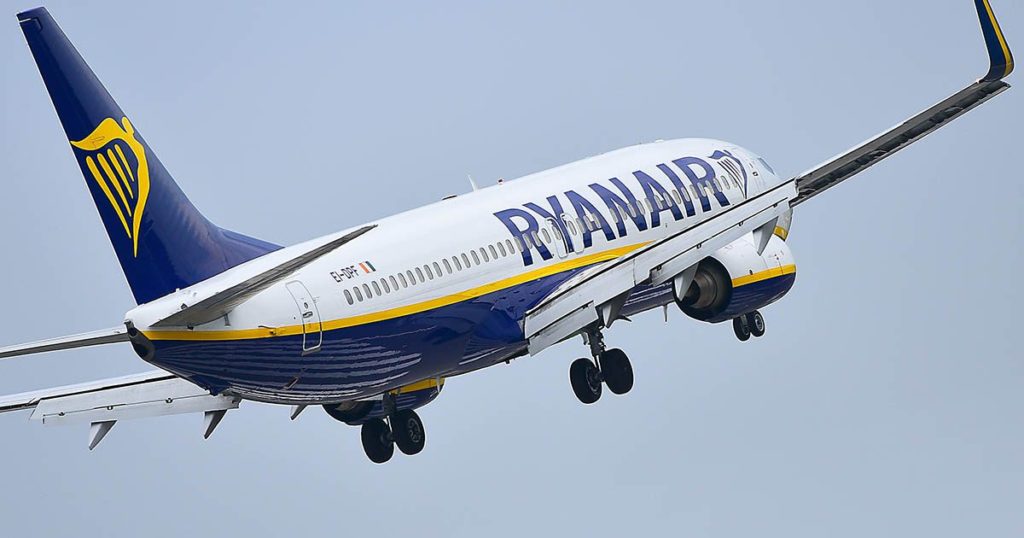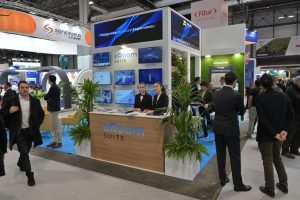Budget airline Ryanair is taking the environmental lead in the travel industry, with a pledge to be plastic-free by 2023, reveals the report “Megatrends Shaping the Future of Travel” from global market research provider, Euromonitor International released at World Travel Market London released today (Tuesday 6 November).
Euromonitor International’s research team found that many travel companies – from hotels to airlines – are taking action against single-use plastics.
The new study highlighted Ryanair for its eco-credentials, as the no-frills giant says its environmental policy commits the airline to “a series of industry-leading environmental targets”.
It wants to remove non-recyclable plastics from its aircraft by 2023 and instead use biodegradable cups, wooden cutlery and paper packaging – and encourage passengers to bring their own cups, as some coffee shop chains do.
Caroline Bremner, Head of Travel at Euromonitor International, said: “Running a solid sustainability strategy can become a useful marketing tool for Ryanair.
“Improved customer experience is on Ryanair’s agenda and the airlines’ latest ambitions are testament to its goals to boost efficiency, embrace more ‘green’ sustainable practices, and in the process become known for more than just cheap flights.”
The Euromonitor International’s report said documentaries such as the BBC’s Blue Planet II series, and the Ocean Clean-up attempt to reduce the ‘Great Pacific Garbage Patch’, have greatly increased awareness among consumers about the pollution caused by plastic waste.
In December 2017, 200 countries signed a United Nations Environment Programme resolution to tackle all forms of pollution and highlighted that unless action was taken “oceans would contain more plastic than fish”.
Euromonitor International’s travel consultant Wouter Geerts commented: “Straws have become arch-enemy number one. Many travel companies, including Alaska Airlines and American Airlines, Marriott, Hilton, AccorHotels and Hyatt, all have pledged to end the use of plastic straws.
“The race is now on to find the best alternative.”
She cited a US-based firm Loliware which has launched edible cups and Lolistraws – edible, hyper-compostable straws, which can be eaten or will biodegrade like banana peel.
WTM London’s Paul Nelson said: “The speed with which companies have pledged to tackle plastic waste has been remarkable.
“It was shortly after WTM 2017 that Blue Planet II brought the issue to the fore, and since then we’ve been impressed by the stance that our industry has taken.
“Several of our exhibitors and speakers at WTM are talking about single-use plastics and how the tourism sector can help the environment.”
He added: “We will host a debate on Monday 5 November called ‘Is the industry reducing the plastic pollution it causes?’
“Taking place in the UKI & International Inspiration Zone (TA190) it will explore what tourism businesses and destinations have done to address the challenge of waste plastic; look at the most effective strategies; and ask why more is not being done.
“It will be moderated by Harold Goodwin, WTM Responsible Tourism Advisor, and there will be expert speakers from the Seychelles Tourism Board; Incredible Oceans; Trucost; Travel Without Plastic; and Thomas Cook.”







